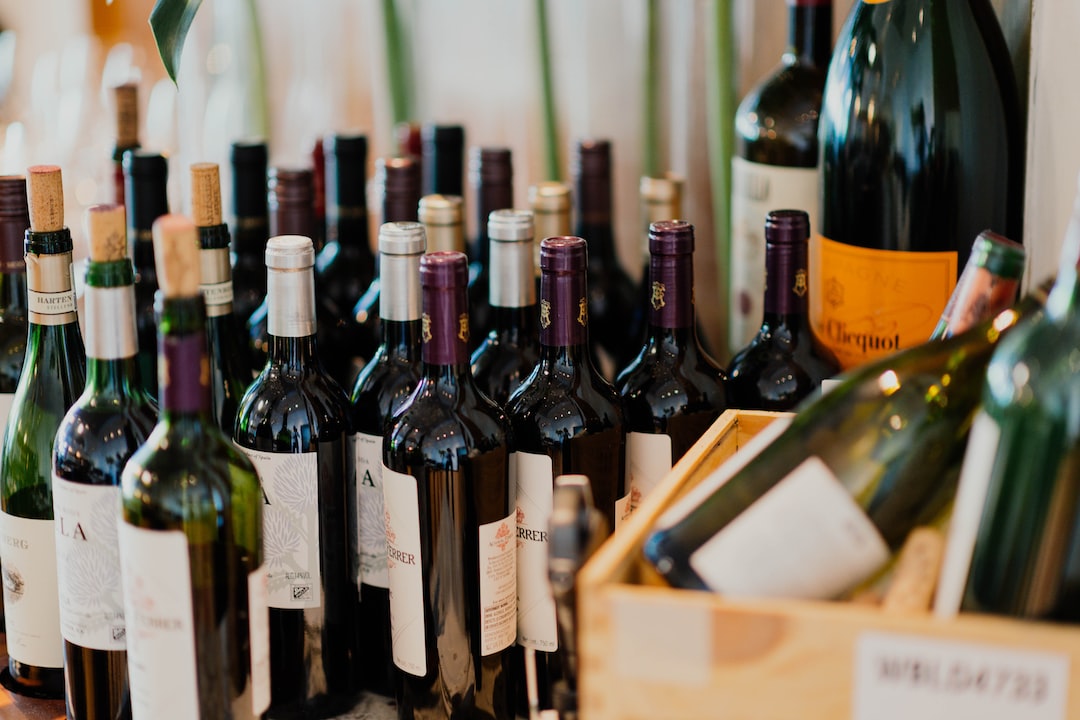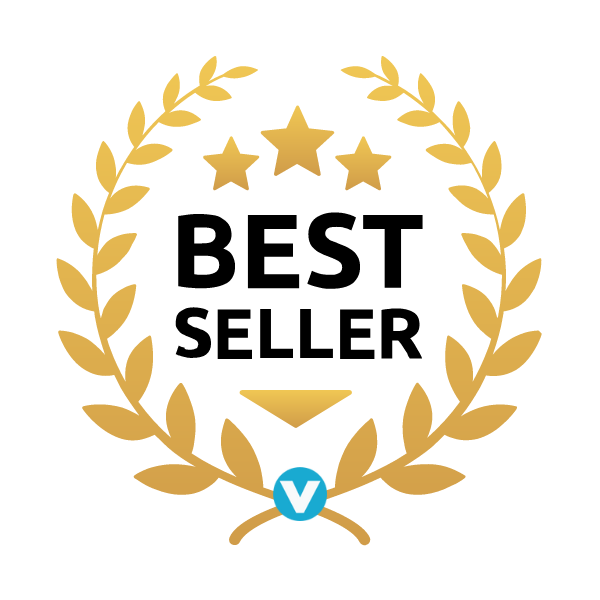
The Legalities of Wine Tasting Events
Share
Wine tasting events offer an exquisite blend of cultural experience, education, and the joy of exploring diverse flavors and aromas. However, behind the scenes of these sophisticated gatherings lie a complex web of laws and regulations designed to ensure that these events are conducted responsibly and legally. Understanding these legalities is crucial for event organizers, wineries, and attendees alike, ensuring compliance while enhancing the overall experience. This article delves into the essential laws and regulations governing wine tasting events, providing expert insights to navigate the legal landscape effectively.
Understanding Local and State Regulations
The legal framework surrounding wine tasting events varies significantly from one jurisdiction to another. In the United States, for instance, alcohol-related laws are largely determined at the state level, leading to a mosaic of regulations that can be challenging to navigate.
State-Specific Wine Laws
Each state has its own set of laws regarding alcohol sales, consumption, and events. For example, some states may allow wineries to host tasting events with minimal restrictions, while others may require a special permit or license. It's crucial for event organizers to familiarize themselves with the specific requirements of their state to ensure compliance. Detailed information on state-specific wine laws can be found in our article on State-Specific Wine Laws in the United States.
Local Ordinances and Zoning Regulations
In addition to state laws, local ordinances and zoning regulations can also impact wine tasting events. These regulations may dictate where events can be held, noise levels, hours of operation, and more. Checking with local authorities and obtaining any necessary permits or approvals is an essential step in the planning process.
Licensing and Permits
Obtaining the correct licenses and permits is a critical aspect of organizing a wine tasting event. Failure to do so can result in fines, legal actions, and even the cancellation of the event.
Alcohol Beverage Control (ABC) Licenses
Most states require event organizers to obtain a license from the Alcohol Beverage Control (ABC) board or its equivalent. This license allows the legal sale and consumption of alcohol at the event. The application process may involve submitting detailed plans for the event, including location, duration, and expected attendance.
Special Event Permits
In addition to an ABC license, some events may require a special event permit. These permits are typically issued by the city or county and may be necessary for events held in public spaces or that expect a large number of attendees. The requirements for obtaining a special event permit vary widely, so it's important to check with local authorities well in advance of the event.
Age Verification and Responsible Service
Ensuring that attendees are of legal drinking age and that alcohol is served responsibly are fundamental responsibilities of wine tasting event organizers.
Implementing Effective Age Verification
Checking identification at the entrance is a standard practice to prevent underage drinking. Some events may use wristbands or stamps to easily identify those who have been verified as being of legal drinking age. It's important to train staff or volunteers on how to properly check IDs and to be vigilant throughout the event.
Promoting Responsible Consumption
Encouraging responsible drinking is not only a legal obligation but also a moral one. Providing food and water, limiting the size of tasting portions, and offering information on local transportation or designated driver services are effective strategies to promote moderation and prevent intoxication.
Insurance and Liability
Wine tasting events carry inherent risks, making adequate insurance coverage essential for protecting both organizers and attendees.
General Liability Insurance
General liability insurance can provide coverage for injuries, property damage, and other liabilities that may occur during the event. It's often a requirement for obtaining permits and can offer peace of mind in case of unforeseen incidents.
Liquor Liability Insurance
For events where alcohol is served, liquor liability insurance is crucial. This type of insurance specifically covers damages or injuries caused by intoxicated attendees, offering an additional layer of protection against potential legal issues.
Accessibility and Inclusivity
Ensuring that wine tasting events are accessible and inclusive not only complies with legal requirements but also enhances the experience for all attendees.
Compliance with the Americans with Disabilities Act (ADA)
The Americans with Disabilities Act (ADA) requires public events to be accessible to individuals with disabilities. This includes providing accessible parking, restrooms, and pathways, as well as accommodating service animals. Failure to comply with the ADA can result in legal action and damage to the event's reputation.
Cultural Sensitivity and Inclusivity
Creating an inclusive environment that welcomes attendees from diverse backgrounds is essential for a successful event. This includes considering cultural sensitivities in marketing materials, offering a range of non-alcoholic options for those who do not drink alcohol for personal or religious reasons, and ensuring that staff are trained in diversity and inclusivity.
Marketing and Promotion: Navigating the Legal Landscape
Effectively marketing a wine tasting event is key to its success but must be done within the confines of the law.
Truth in Advertising
All promotional materials should accurately represent the event, including the types of wines to be tasted, the presence of food or entertainment, and any costs associated with attendance. Misleading advertising can lead to legal trouble and damage the event's credibility.
Social Media and Online Promotion
While social media and online platforms offer powerful tools for event promotion, they also come with their own set of legal considerations. Ensuring that content complies with the platform's policies and does not promote irresponsible drinking is essential.
Conclusion: Enhancing Your Wine Tasting Event Experience
Navigating the legalities of wine tasting events may seem daunting, but with careful planning and attention to detail, it is entirely manageable. By understanding and complying with local and state regulations, obtaining the necessary licenses and permits, ensuring responsible service, and promoting inclusivity, event organizers can create memorable, enjoyable, and legally compliant wine tasting experiences. Whether you're an organizer or an attendee, being informed about these legal aspects enhances the overall experience, allowing everyone to focus on the joy of discovering new wines and creating lasting memories.
For more insights into enhancing your wine tasting experience, check out our articles on Advanced Wine Tasting Techniques Explained and Wine Tasting: A Guide to Wine Colors, as well as our tips on How to Choose the Right Red Wine.



